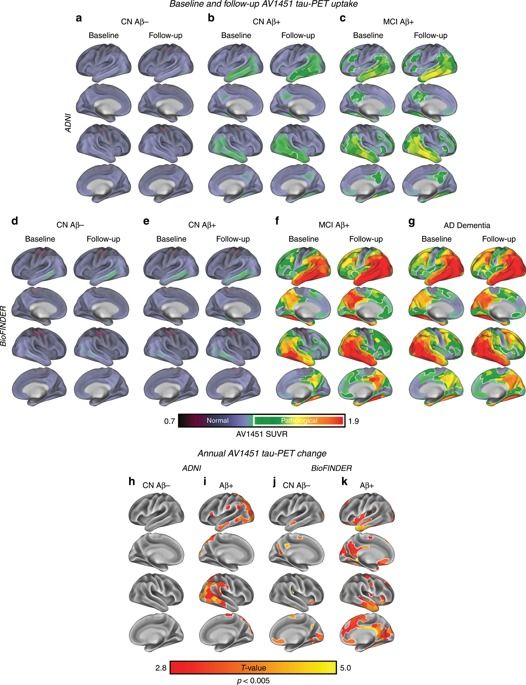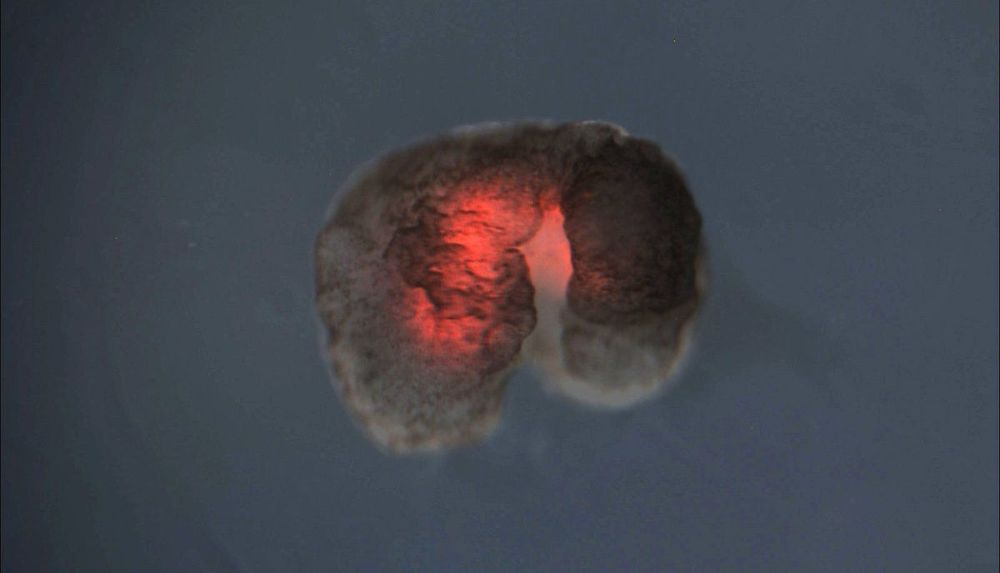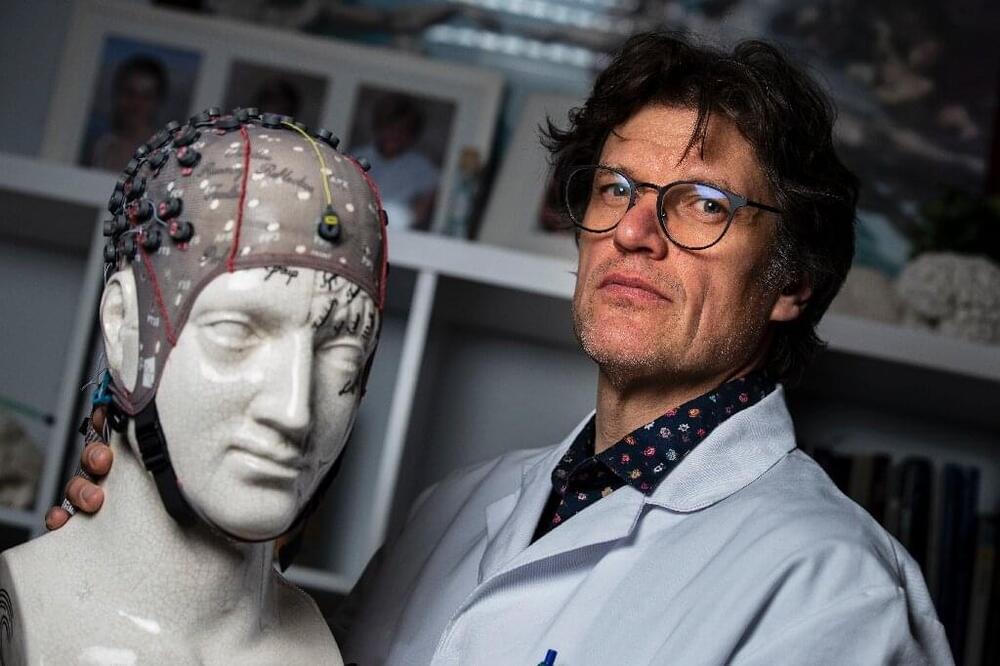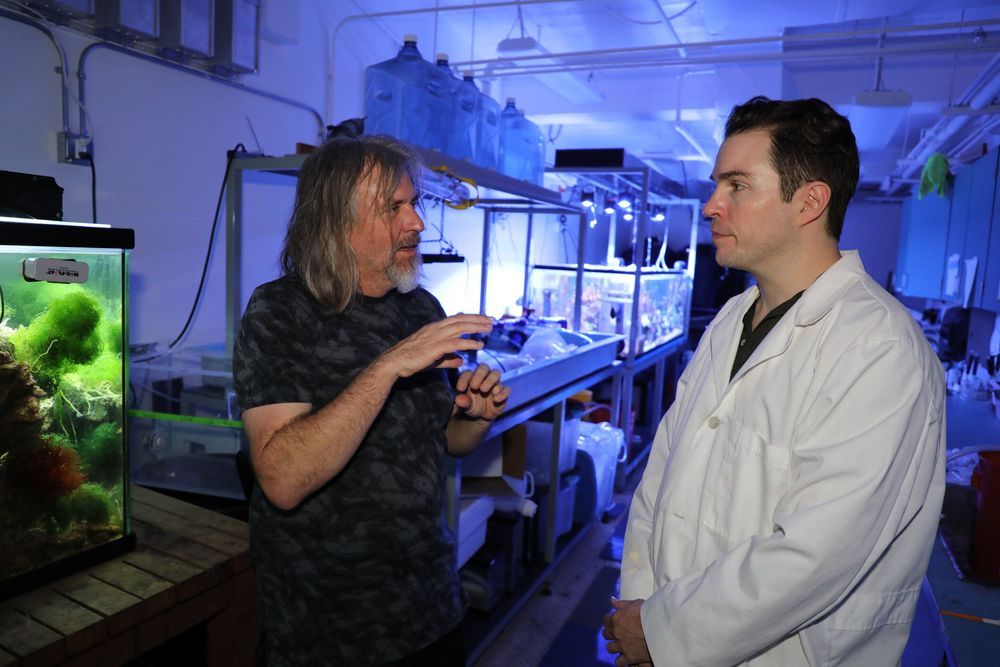Advancements in neurotechnology are blurring the line between biology and technology. There is an emerging push to implant electronic devices inside the human body, hardwire them to our brains, and allow us to not only overcome disadvantages or injury but open up entirely new avenues of human experience.
VICE’s Thomas Morton got an inside look at what might be the next evolutionary step for humankind.
Check out VICE News for more: http://vicenews.com
Follow VICE News here:
Facebook: https://www.facebook.com/vicenews
Twitter: https://twitter.com/vicenews
Tumblr: http://vicenews.tumblr.com/
Instagram: http://instagram.com/vicenews
More videos from the VICE network: https://www.fb.com/vicevideo
#VICEonHBO








